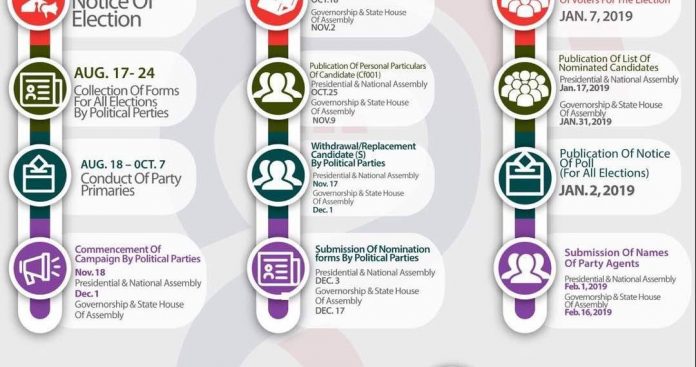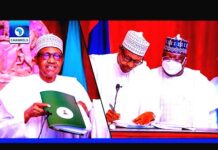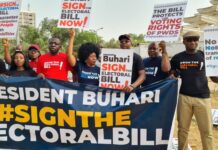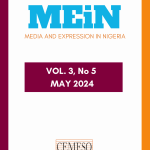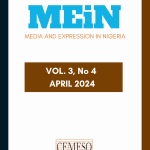If we stick to the Independent National Electoral Commission’s (INEC) 2019 general election timetable, all the political parties, by September 15, 2018, should have notified the INEC of the date for the conduct of their primaries for the 2019 elections. We hope no party missed the deadline because it is those primaries that must produce the candidates for the 2019 elections. The primary contests are expected to be concluded by October 7, 2018, which is about three weeks away.
INEC’s National Commissioner, Prof. Antonia Simbine, reminded stakeholders last month that the peaceful conduct of the 2019 elections must begin with the conduct of political primaries. It has become obvious, she said, that the internal conflicts in the political parties revolve around the contest for leadership positions and nominations. Parties must be guided by democratic principles, create a free and fair atmosphere for all members, without prejudice to special concessions for disadvantaged social groups, women, youths and persons living with disabilities.
The time, venue, delegates and contestants lists must be forwarded to INEC before the elections commence and the result sheets signed by the designated committee members. Parties adopting the direct primaries must produce an up-to-date membership register which will define the size of eligible voters at the primary election. A not-so-little disagreement had arisen over the preferred mode – direct, indirect and consensus. Each mode, is acceptable to the Constitution and the Electoral Act, but not to the politicians who for various reasons are divided on the issue.
The gubernatorial primary of the People’s Democratic Party (PDP) in Osun State saw that only seven votes separated the two top contestants and created so much bad blood, including charges of vote-buying and pre-qualification disputes. In Edo State, many members of the All Progressives Congress (APC) were shocked when Governor Godwin Obaseki publicly expressed his preference for the consensus mode thereby taking the opposite side of his predecessor, Adams Oshiomhole, the National Chairman, who is the apostle of direct primaries.
The world has come to agree that, to the extent that it is more difficult to corrupt a larger number of voters than a small number of delegates, the direct primary is generally free of corruption than the indirect, and the consensus mode. The Ekiti gubernatorial primary was a national scandal by the scale of the corruption that allegedly went into it partly because it was indirect. The support for the indirect mode by incumbent governors is often viewed in terms of their financial muscle.
Indeed, the mode most amenable to corruption is the consensus mode because all an aspirant needed to do is to ask his opponents to ‘name your price.’ Yet for a party that has victory as its topmost priority, the consensus tends to unite the party, massage bruised, hurting egos, and give the appearance of everyone being part of a team. But we also know that the Achilles’ heel of Nigerian administration is the paperwork. Some governors were reluctant to go to direct primaries because it would need the revision of the membership registers, a not-so-easy task.
Perhaps the most worrisome phenomenon is the undisguised, sometimes, obscenely personalised control of the state party branches by rich and powerful individuals, which is totally non-existent in the American system. Indeed, it is embarrassing the extent to which individuals influence the political parties in Cross River, Rivers, Lagos, Kano, Imo, Kaduna, Akwa Ibom, Bauchi, Adamawa, Taraba, and Kwara states. It is not going to deepen democracy. On the contrary, it is going to discredit democracy and provide enough ammunition for its enemies.


